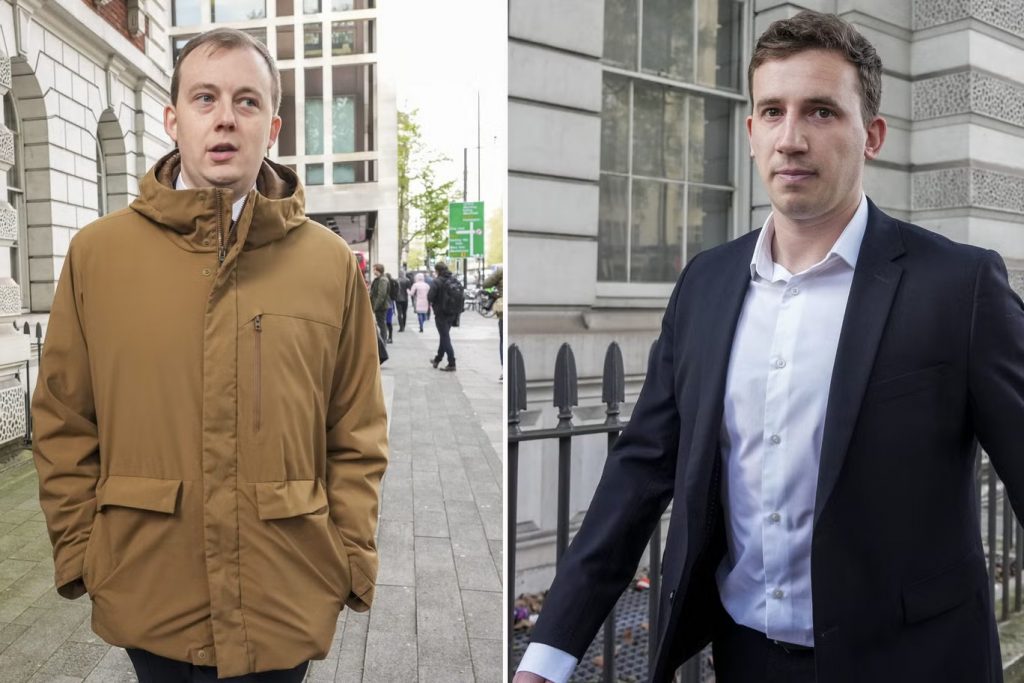Tension is growing in Westminster after the collapse of a major spy trial involving two men accused of working for China. Members of Parliament have expressed deep anger and are demanding the government explain how the case failed. Many lawmakers suspect that the decision to end the trial might have been influenced by political concerns about maintaining good relations with China. However, the government has strongly denied this claim, saying the trial was stopped for independent legal reasons.
Security Minister Dan Jarvis told MPs that the government is extremely disappointed about how the case ended. He confirmed that the Crown Prosecution Service made the decision, not the government, but assured lawmakers that new measures would be taken to prevent future breaches of security. Jarvis also said MI5 will introduce stronger steps to protect democratic institutions from foreign interference.
Why did the trial collapse? According to the minister, the charges were based on old laws under the Official Secrets Act of 1911, which he described as outdated and unfit for dealing with today’s security threats. He blamed previous administrations for not updating the law earlier, saying the government is now working to modernize it.
The Speaker of the House of Commons Sir Lindsay Hoyle also spoke out, saying he was “very angry” about the case being dropped. He criticized the government for failing to protect Parliament and said he is seeking advice on other ways to handle the issue. MPs across party lines shared his frustration, with some suggesting there may have been a cover-up.
Meanwhile, the National Protective Security Agency released new guidance warning that MPs could be targets of foreign espionage, especially from Russia, China, and Iran. The advisory urged politicians to remain alert to signs of manipulation, hacking attempts, and possible foreign donations. The agency said these countries are actively trying to collect information and influence British political decisions.
In another development, Home Secretary Shabana Mahmood addressed Parliament about the rising threat of extremism and antisemitism following recent attacks. She confirmed plans to review immigration laws that could allow the deportation of non-British nationals who promote extremist views, even if they do not commit crimes. Mahmood said her office is reviewing all legal powers under the 1971 Immigration Act to strengthen national security.
The Home Secretary also announced plans to amend the Public Order Act of 1986. The change will let police consider the impact of repeated protests that may intimidate certain communities. Mahmood said freedom of protest remains vital, but public safety must come first.
In Scotland, First Minister John Swinney addressed his party’s conference by promising new walk-in GP services and visa sponsorship for care workers. Swinney criticized Westminster policies for harming Scotland’s healthcare system and said the Scottish government would act independently to attract skilled foreign workers. He added that Scotland welcomes refugees and aims to create a more compassionate nation.
The UK government now faces strong calls for transparency over the failed China spy case. Opposition MPs are demanding a full explanation of how it happened and whether political pressure played any role. As Parliament returns to session, the case has once again raised difficult questions about how Britain balances its democratic values, national security, and international relations.

